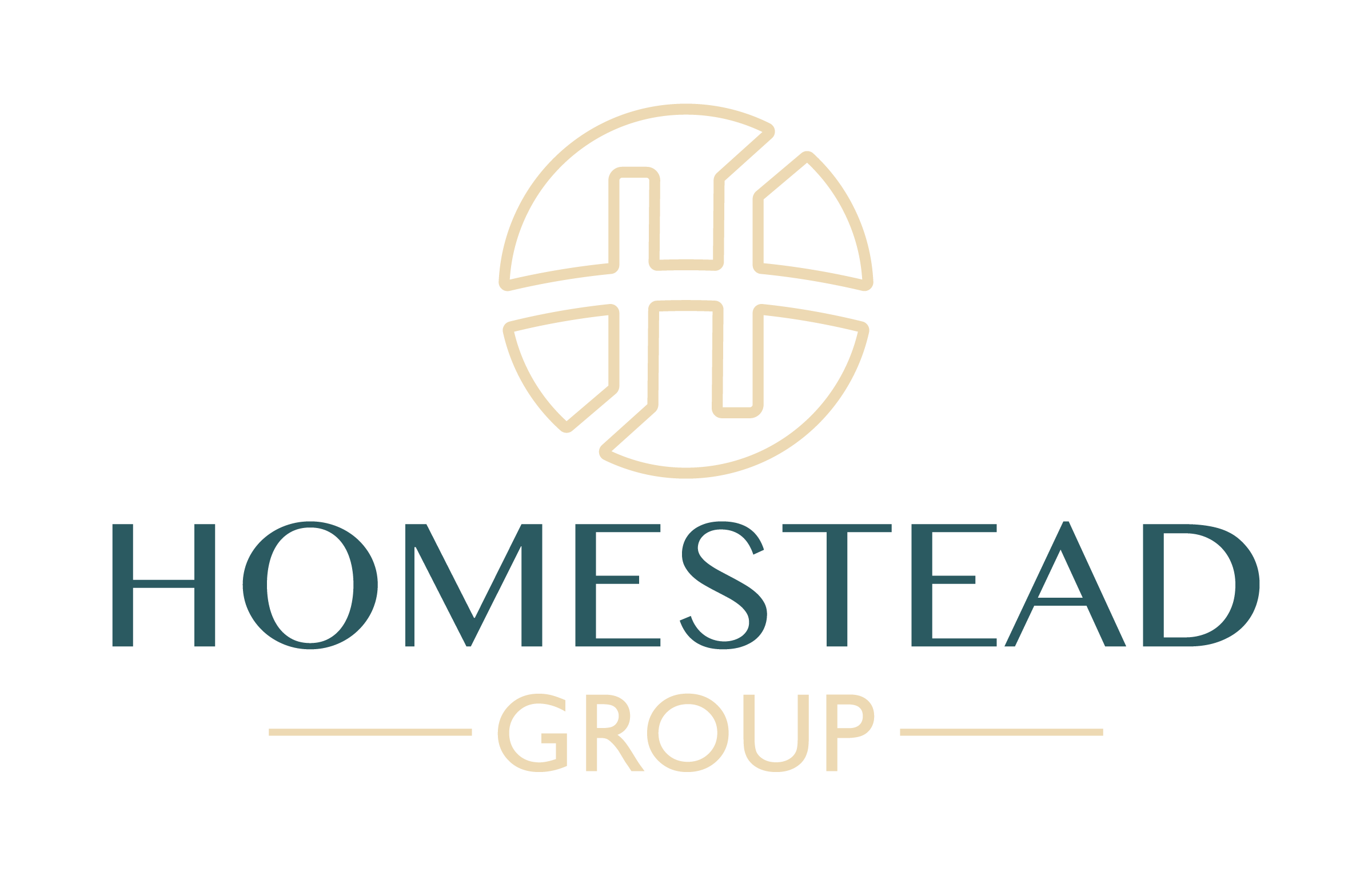HOMESTEAD
BLOG
Financial Assistance Programs & First-Time Buyer Education
Why it matters: Many new buyers—especially Millennials and Gen Z—rely on grants, down payment support, or expert guidance to navigate costs and documentation hurdles.
Evidence of performance:
Search volume for phrases like “first-time homebuyer programs,” “down payment assistance,” and “how to buy a house with bad credit” remains high and trending – Virtuance
Surveys and realtor guides explain that education and transparency—especially around financing and contracts—drive trust and readership – Arii
——
First-Time Buyer Programs You Can Actually Qualify For (and How to Apply)
Published by Homestead | homestead.us
Buying Your First Home? You’re Not Alone—And You’re Not Without Help
The path to homeownership can feel overwhelming, especially for first-time buyers facing high prices, elevated interest rates, and unfamiliar paperwork. But help is available.
From down payment assistance to state-funded grants, today’s buyers—especially Millennials and Gen Z—have more tools than ever to reduce upfront costs and increase purchasing power.
Search data supports this. According to Virtuance, Luxury Presence, and 220 Marketing Group, monthly search volume for terms like:
“first-time homebuyer programs”
“down payment assistance”
“how to buy a house with bad credit”
has remained high and continues to trend upward in 2025. This reflects not just curiosity, but real need.
Why Financial Assistance Programs Matter
For many new buyers, the biggest obstacle isn’t the monthly payment—it’s the upfront cash required to get started. Between the down payment, closing costs, and prepaid expenses, even modest homes can require $10,000 to $25,000 in out-of-pocket funds.
This is where financial assistance programs come in. They help first-time buyers:
Lower or eliminate down payments
Reduce closing costs
Qualify for better rates
Access educational resources and housing counselors
These programs vary by state, income level, and home type—but the majority are designed specifically for people buying their first home.
Examples of Programs You May Qualify For
Below are a few types of programs that Homestead buyers have successfully used:
Program Type | What It Offers | Typical Requirements |
State Housing Agency Grants | $5,000–$15,000 toward down payment or closing costs | Income limits, first-time buyer status |
FHA Loans | 3.5% down payment, flexible credit requirements | Credit score 580+, stable income |
USDA Loans | Zero down payment for homes in eligible rural areas | Income and location restrictions |
VA Loans | Zero down payment, no PMI for qualified veterans | Military service requirement |
Local Municipality Incentives | Targeted grants or tax abatements for new developments | Must buy in specific area or new build |
Most programs also require the completion of a homebuyer education course, which helps build buyer confidence and trust in the process.
Education Is Just as Important as the Money
Realtor guides and buyer behavior surveys—cited by Arii Connect, Contempo Themes, and Realtor.com—show that educational content increases buyer trust, especially when it explains complex processes like:
Mortgage pre-approval
Debt-to-income ratios
Loan types and timelines
Inspection vs appraisal
Offer negotiations and closing
Buyers who understand these topics feel more in control and are more likely to complete a successful transaction.
That’s why at Homestead, we provide not just the homes—but the tools and guidance to help you feel confident every step of the way.
How to Apply
Most first-time buyer programs follow a similar process:
Check Your Eligibility
Visit your state’s housing agency website or talk to a Homestead-recommended lender to see which programs match your income, location, and home type.Complete a Homebuyer Education Course
Often available online and typically free or low-cost.Get Pre-Approved with a Participating Lender
Not all lenders can access assistance funds. Work with one who can.Submit Program Documentation with Your Loan Application
Most programs require a separate application in tandem with your mortgage.Close on Your Home with Assistance Applied
Once approved, your grant or assistance is factored into your closing costs or down payment.
Key Takeaways
Financial assistance and education are critical enablers for first-time homebuyers.
Programs can reduce your upfront costs by $5,000 to $15,000 or more.
Monthly search volume for these programs is consistently high, reflecting real interest and need.
Understanding the process improves confidence, trust, and success rates.
Final Word
At Homestead, we work closely with buyers and lenders to help you unlock the programs that make homeownership possible. Whether it’s securing a grant, getting connected with a trusted lending partner, or walking you through the process, our mission is to make sure your first home is within reach.
Explore current opportunities and join the waitlist at www.homestead.us. With the right support, your first home is closer than you think.
We are a Nebraskan Builder for Nebraskan families!
